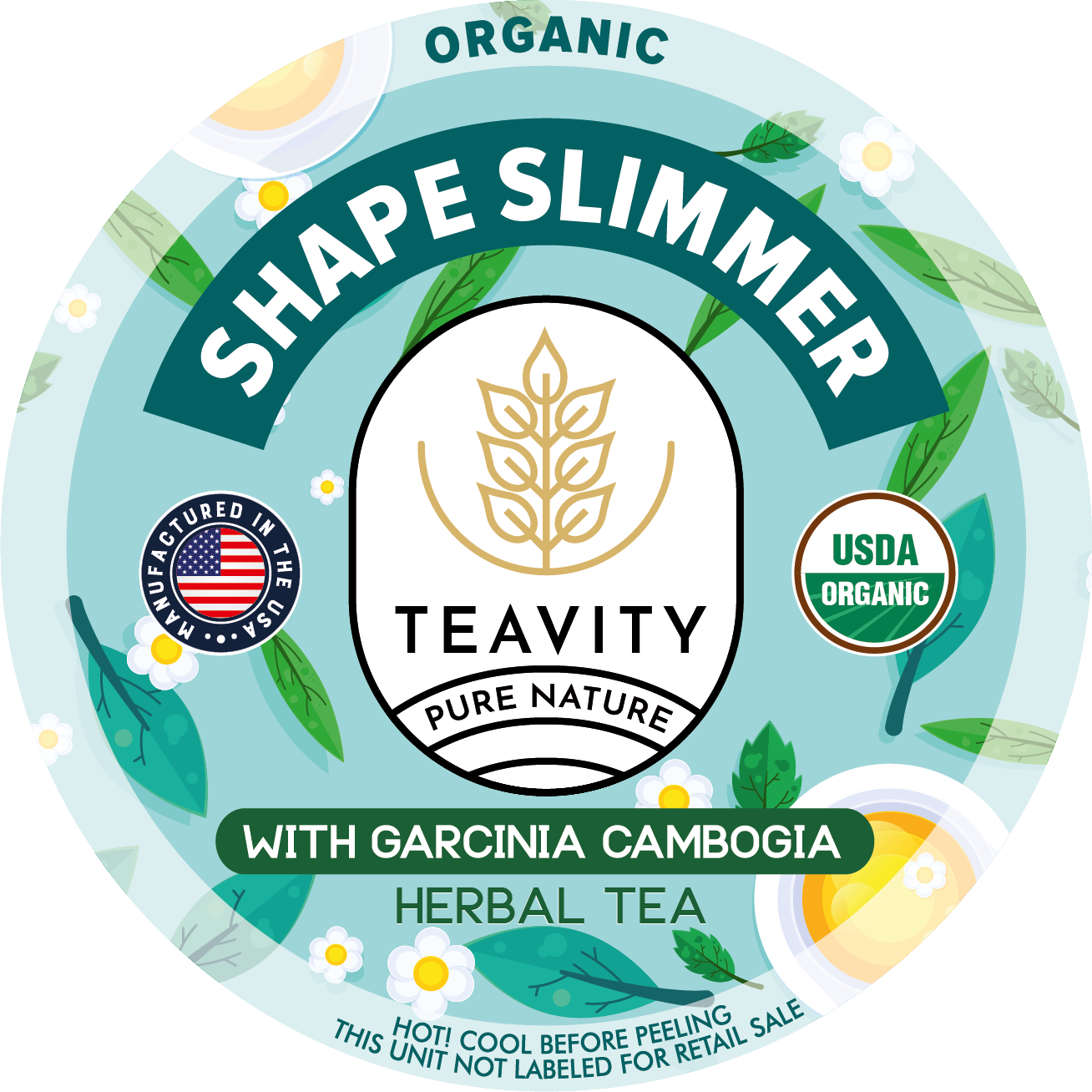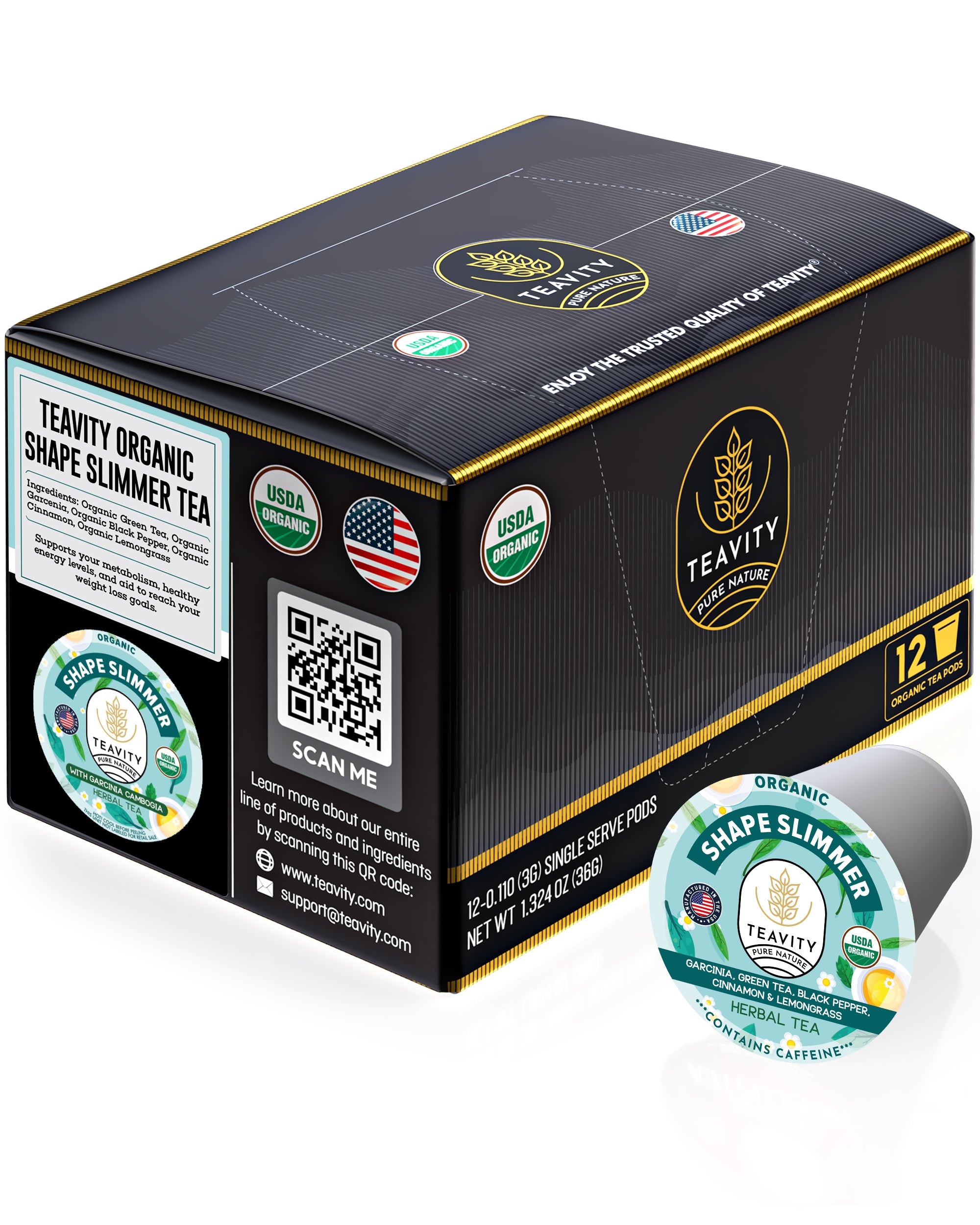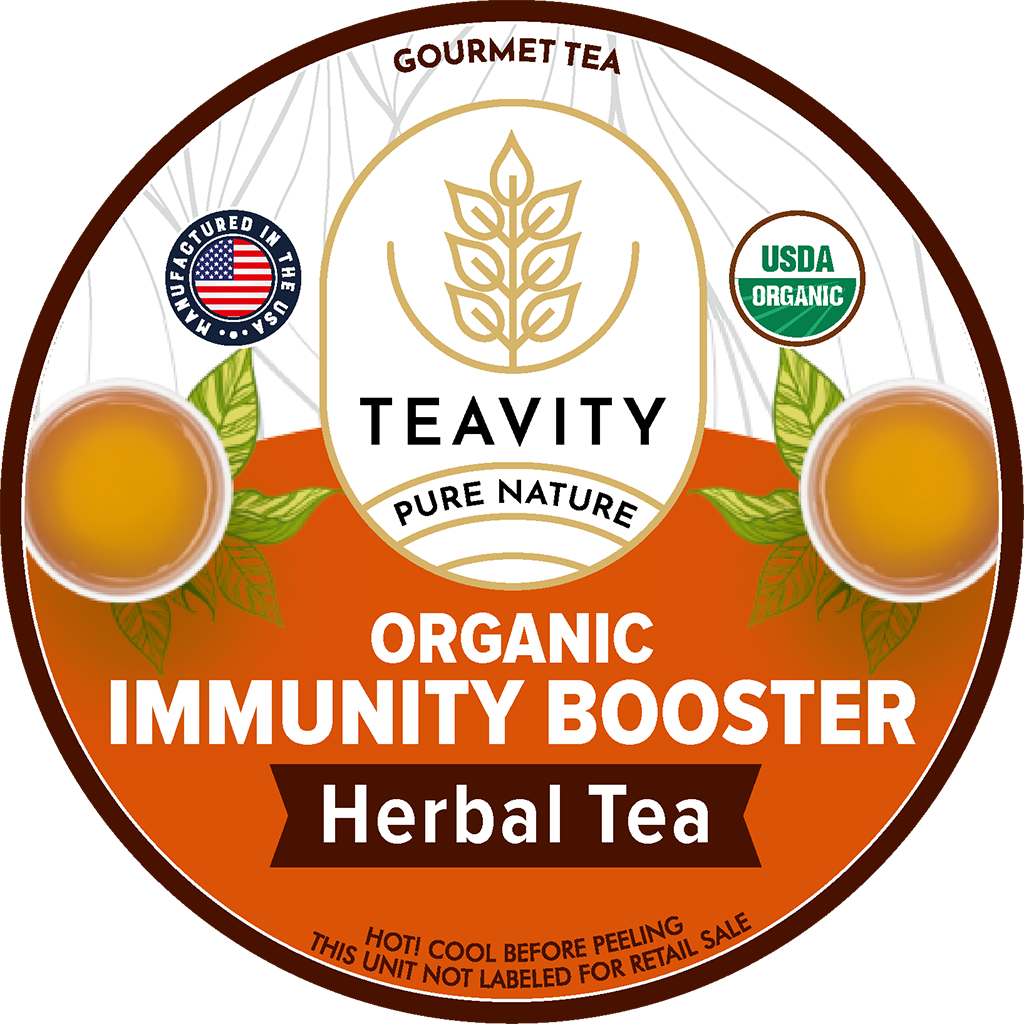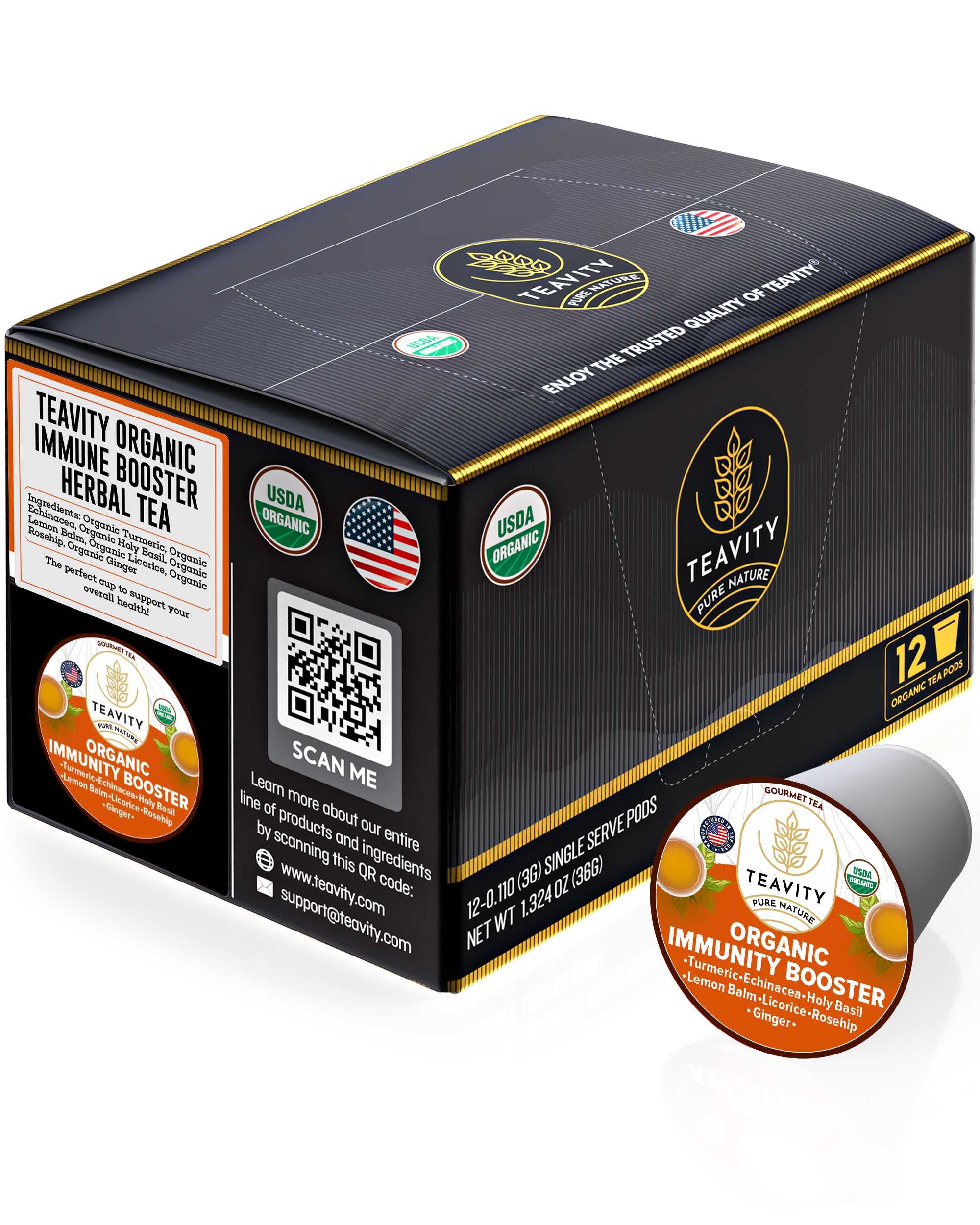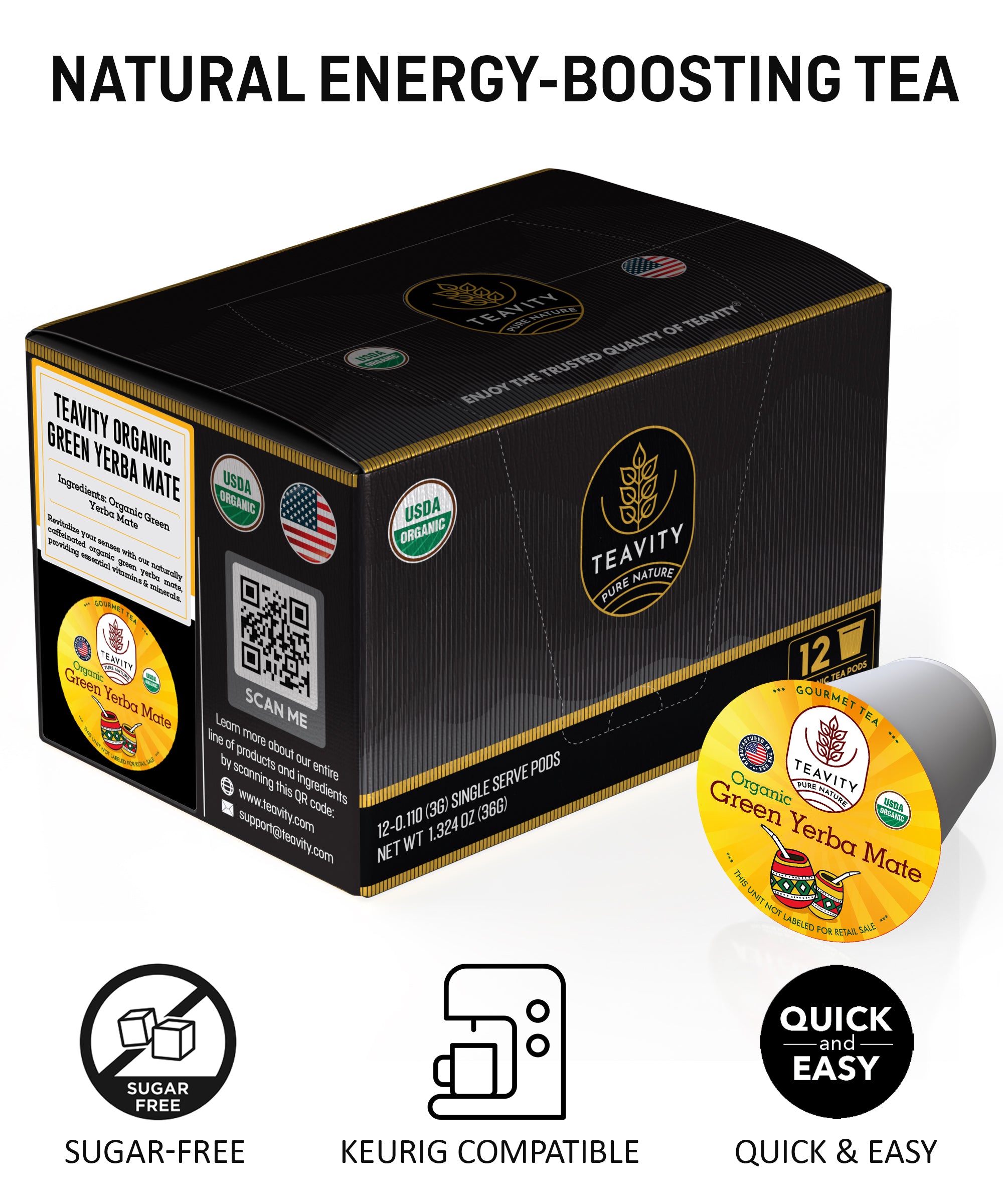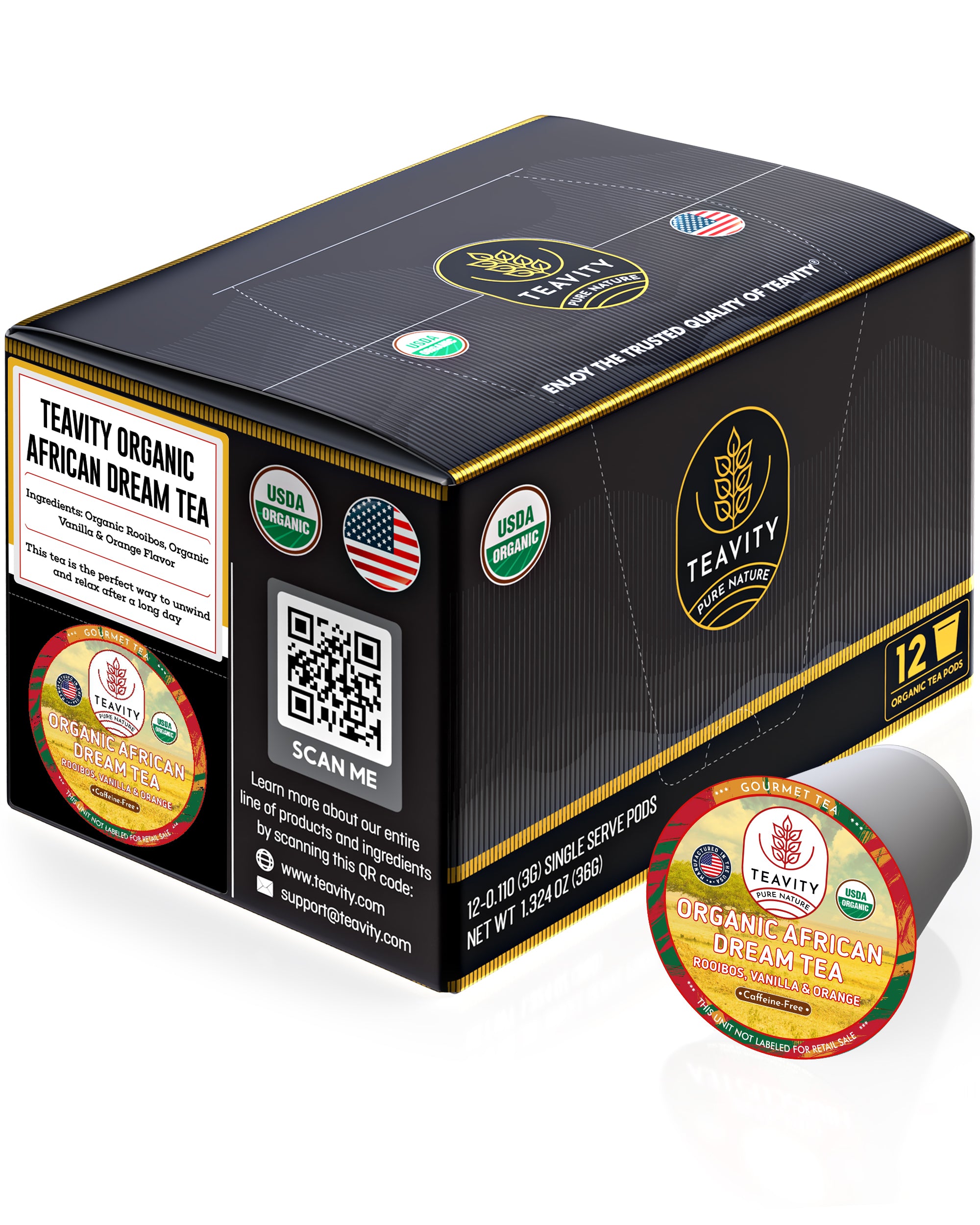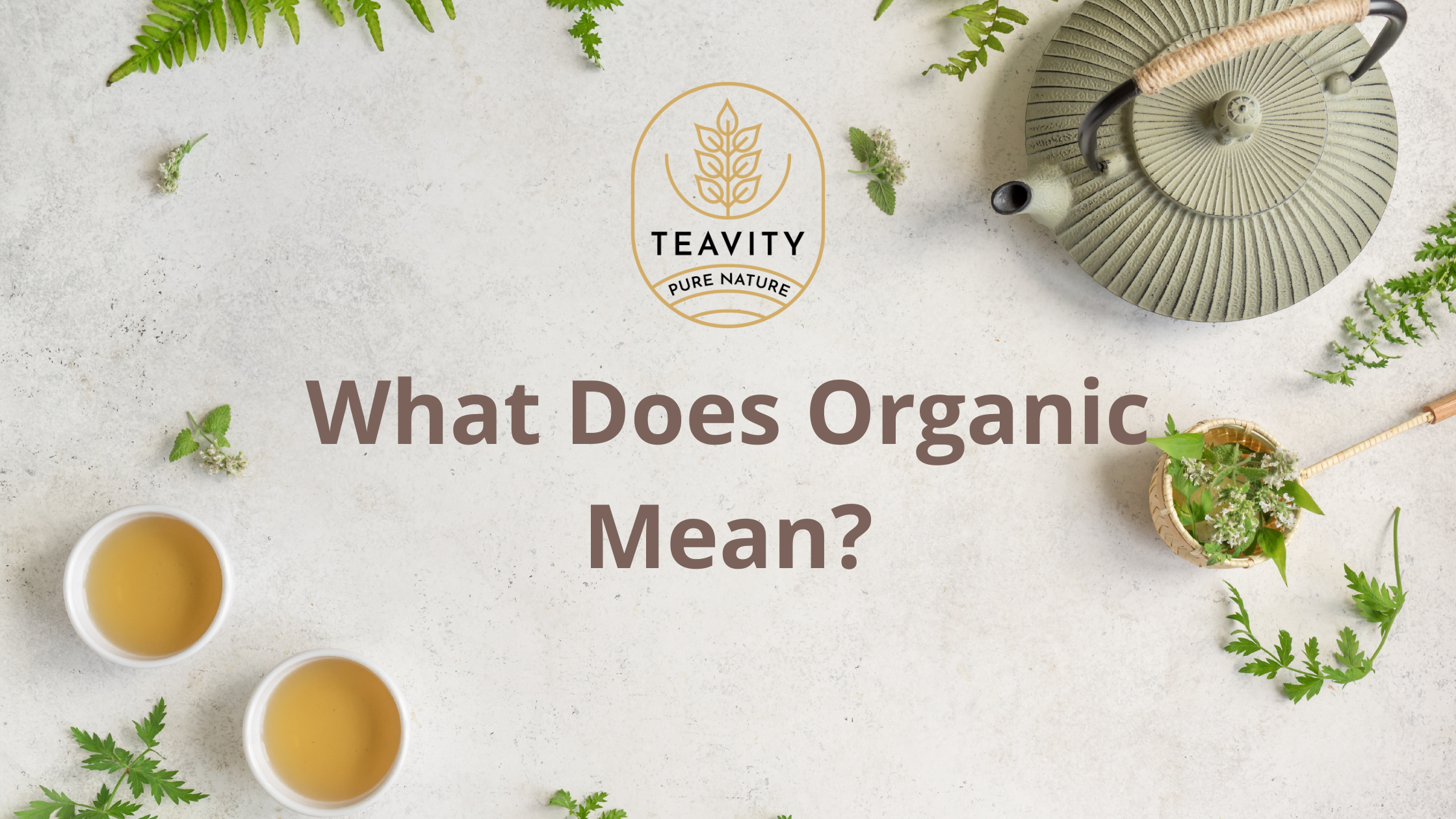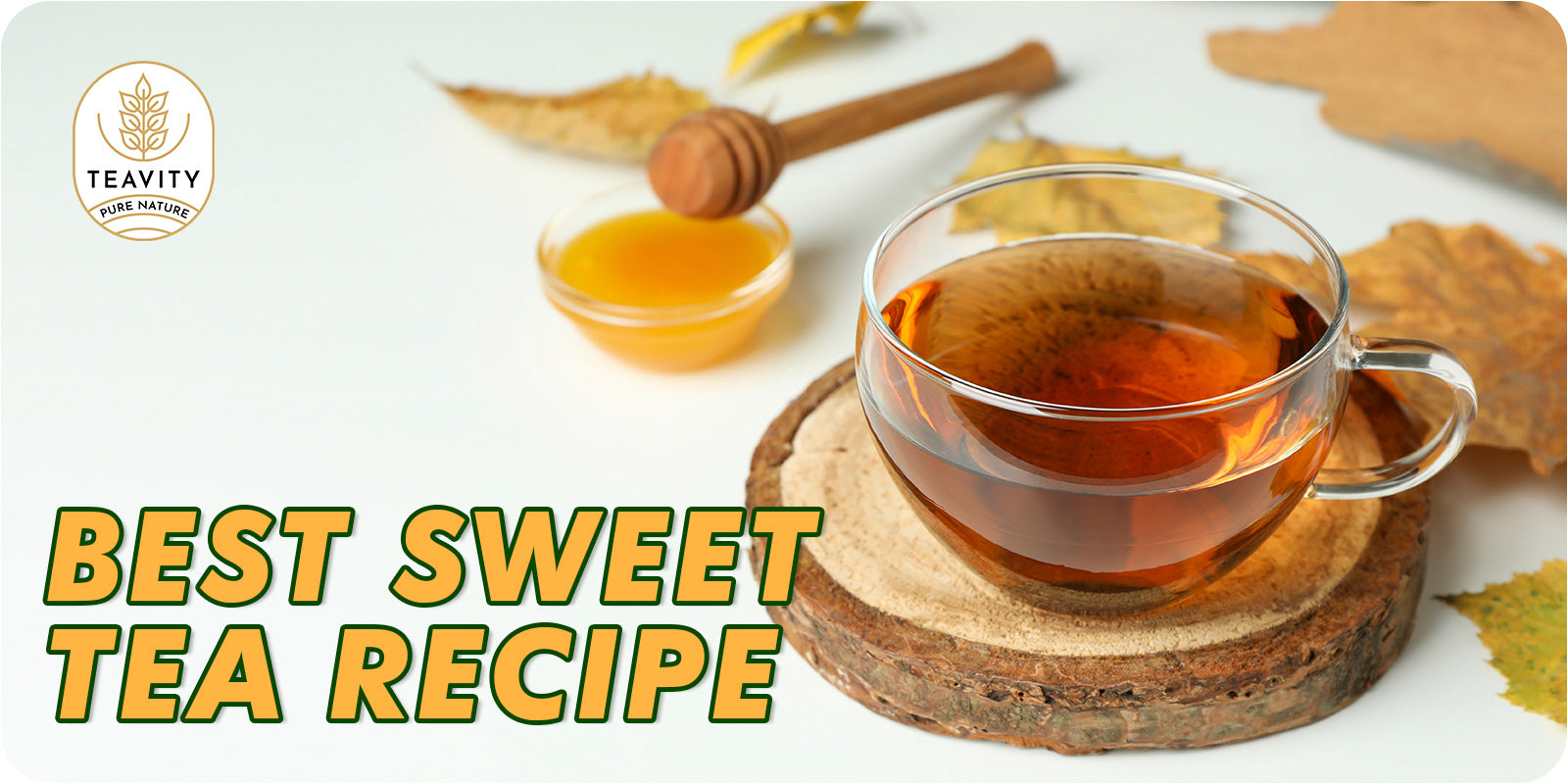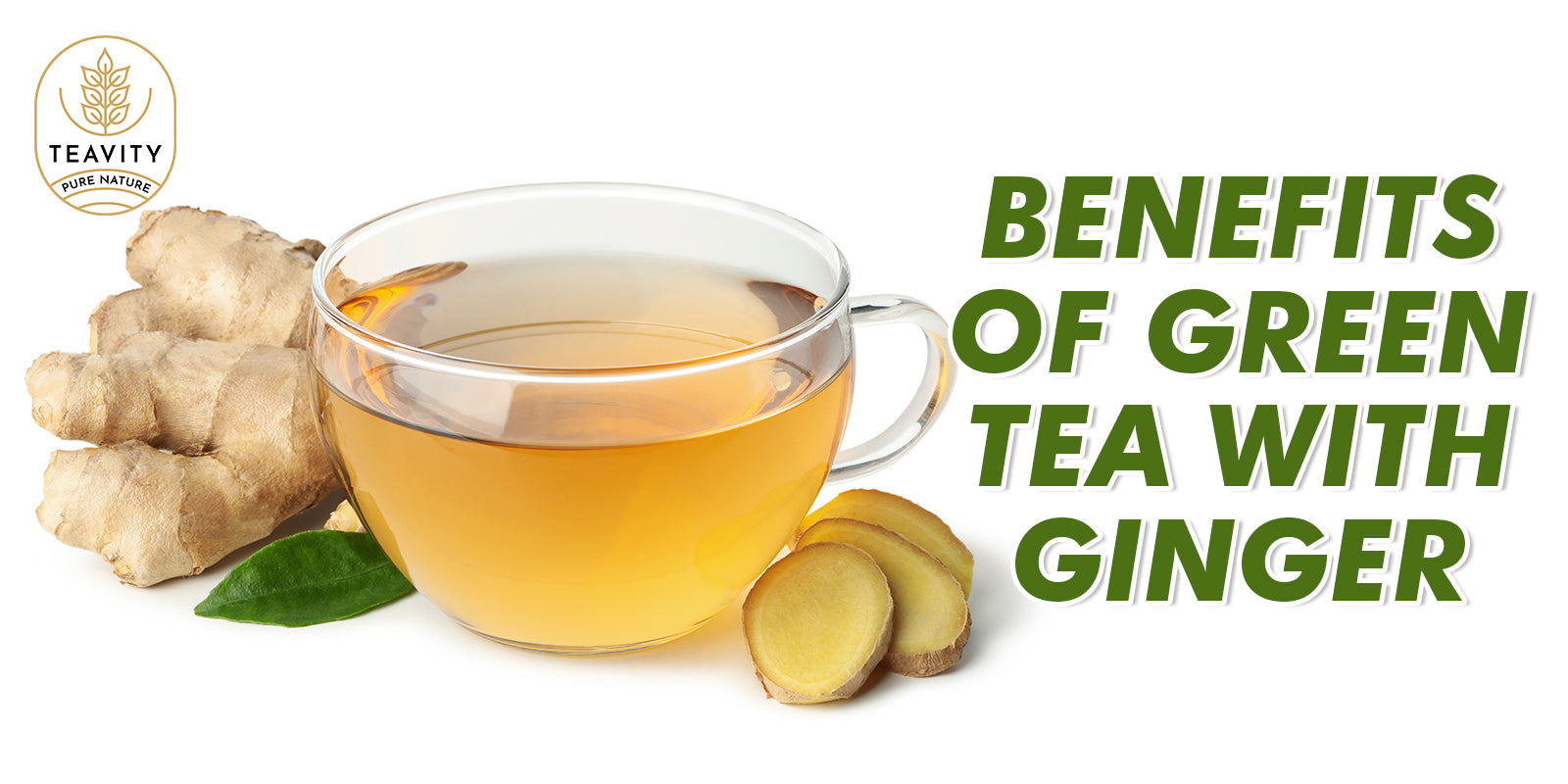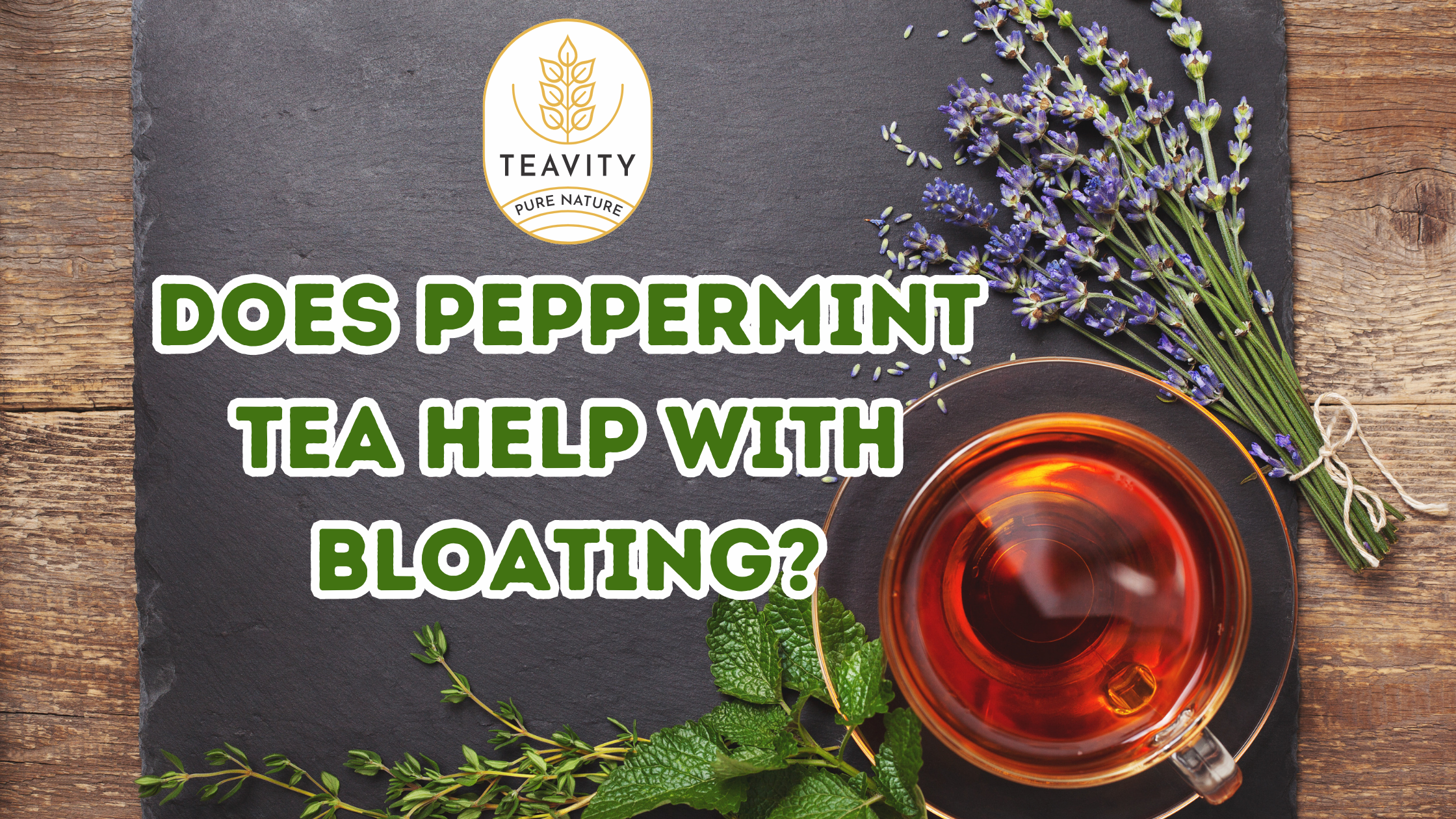
Does Peppermint Tea Help with Bloating?
Introduction
Bloating is a common gastrointestinal issue that many people experience. It can be uncomfortable and sometimes even painful, leading individuals to seek natural remedies for relief. One popular remedy that has gained attention is peppermint tea. Peppermint tea is renowned for its soothing properties and pleasant taste, but does it help alleviate bloating? In this article, we will examine the potential benefits of peppermint tea for relieving bloating and discuss its effectiveness, drawing on both scientific research and traditional wisdom.
Understanding Bloating
Bloating is a condition characterized by a feeling of fullness or tightness in the abdomen. It often occurs due to the excess gas that builds up in the digestive system during the digestive process. Common symptoms of bloating include abdominal distension, discomfort, and a feeling of fullness or gassiness.
Peppermint Tea and Bloating
Peppermint tea is a herbal infusion made from the leaves of the peppermint plant (Mentha × piperita). It is known for its refreshing flavor and has been used for centuries as a natural remedy for various digestive issues.
How Does Peppermint Tea Help with Bloating?
Peppermint contains compounds such as menthol that have muscle-relaxing properties. When consumed as tea, peppermint can help to relax the muscles in the gastrointestinal tract, which may ease the passage of gas and relieve bloating. The essential oils in peppermint have been shown to have carminative effects, meaning they can help reduce gas and bloating. Additionally, peppermint tea's soothing properties can help alleviate discomfort and inflammation in the digestive system, which might be contributing to bloating.
Scientific Evidence on Peppermint Tea and Bloating
Several studies have investigated the effects of peppermint tea on bloating and digestive issues. A study published in the Journal of Gastroenterology found that peppermint oil, which is one of the main components of peppermint tea, significantly reduced symptoms of bloating in patients with irritable bowel syndrome (IBS). Another study in the European Journal of Gastroenterology & Hepatology reported that peppermint oil improved abdominal bloating in participants with functional gastrointestinal disorders.
Precautions
While peppermint tea is generally considered safe, it may not be suitable for everyone. People with certain conditions should exercise caution. Peppermint can relax the lower esophageal sphincter, potentially worsening GERD symptoms in some individuals. It may also trigger gallbladder symptoms in people with gallbladder problems.
Tips for Using Peppermint Tea
- Moderation: Drinking one to two cups of peppermint tea per day is generally safe for most people.
- Quality: Opt for high-quality, organic peppermint tea for optimal results.
- Timing: To prevent interference with digestion, it's best not to consume peppermint tea immediately before or after meals.
Conclusion
Peppermint tea may help with bloating due to its muscle-relaxing and gas-reducing properties. Both scientific evidence and traditional use support its potential effectiveness in alleviating bloating symptoms. However, individual responses may vary, and it's essential to consider personal health conditions and consult a healthcare professional if necessary before adding peppermint tea to your wellness routine.
FAQs
Q1: How often should I drink peppermint tea to help with bloating?
It is generally safe to drink one to two cups of peppermint tea per day for relief from bloating. However, individual tolerance may vary, so start with one cup and assess your response.
Q2: Can peppermint tea worsen acid reflux?
For individuals with GERD or acid reflux, peppermint tea may relax the lower esophageal sphincter and worsen symptoms. It's best to avoid it if you have this condition.
Q3: Is peppermint tea safe for pregnant women?
Pregnant women should consult their healthcare provider before consuming peppermint tea, as excessive amounts may not be suitable during pregnancy.
Q4: Can children drink peppermint tea for bloating?
Peppermint tea is generally considered safe for children over the age of six years. However, it's best to consult a pediatrician before giving it to children.
Q5: Are there any alternatives to peppermint tea for bloating relief?
Yes, several herbal teas, such as chamomile and ginger tea, have also been known to help with bloating and digestive issues. Experiment with different teas to find the one that works best for you.
